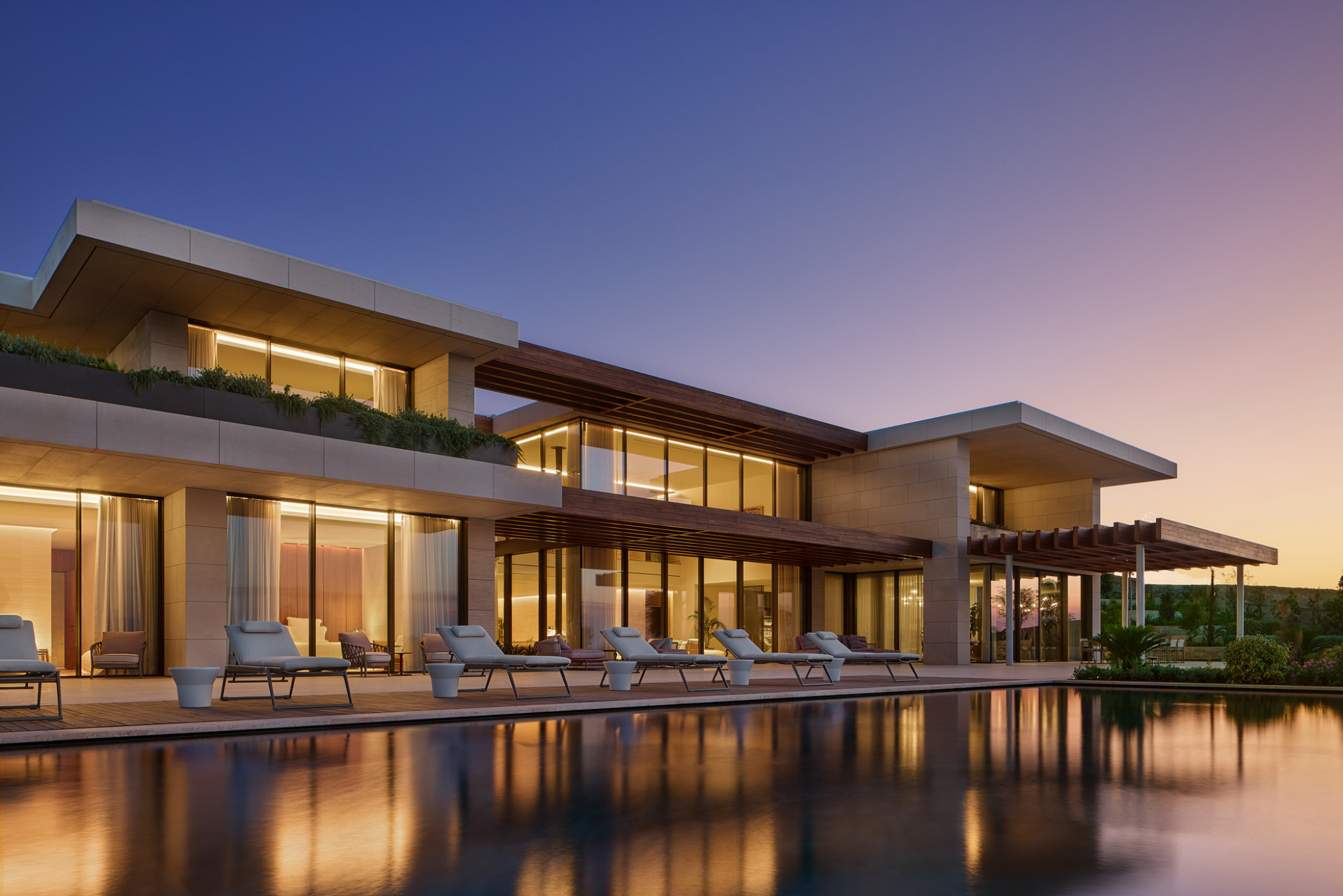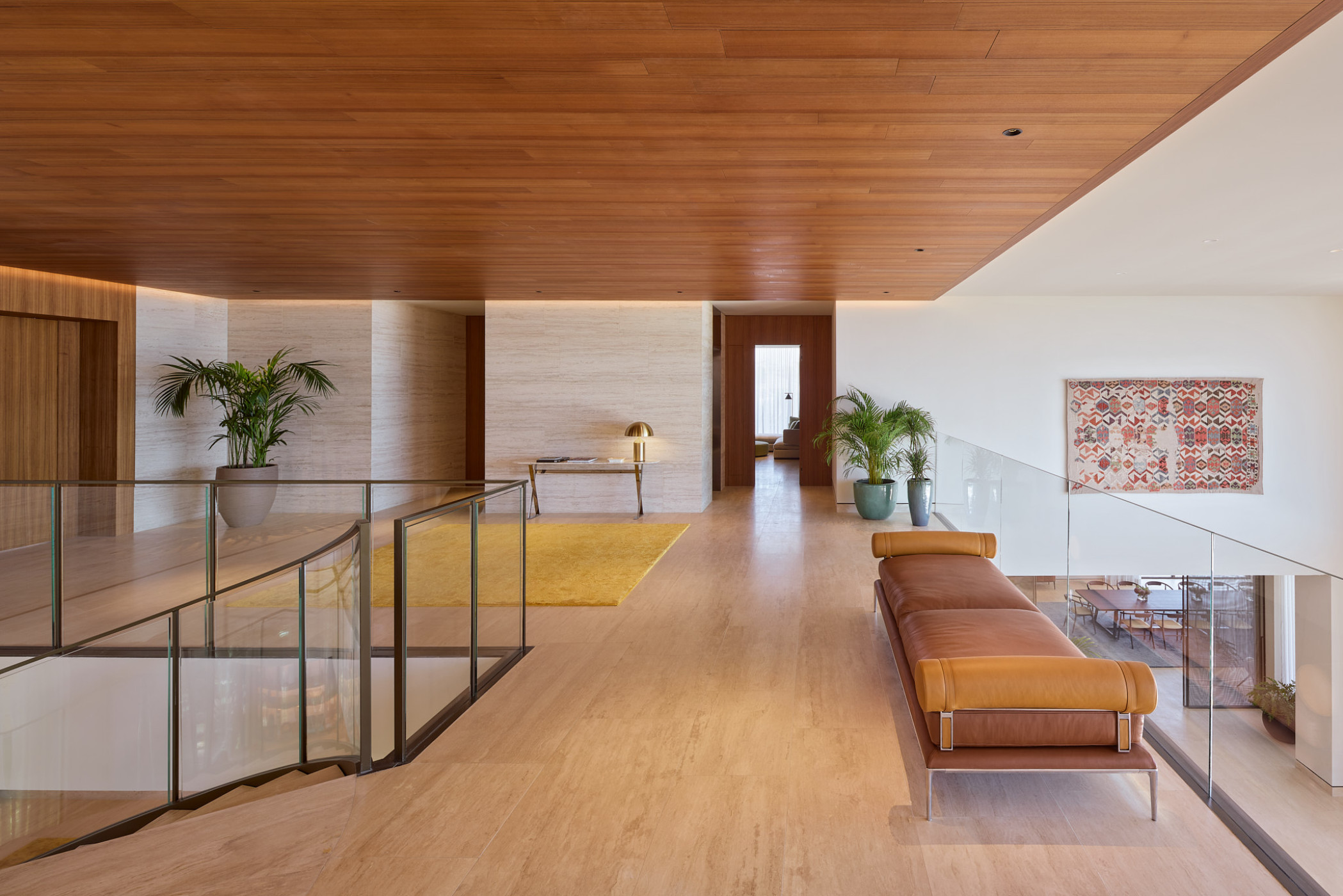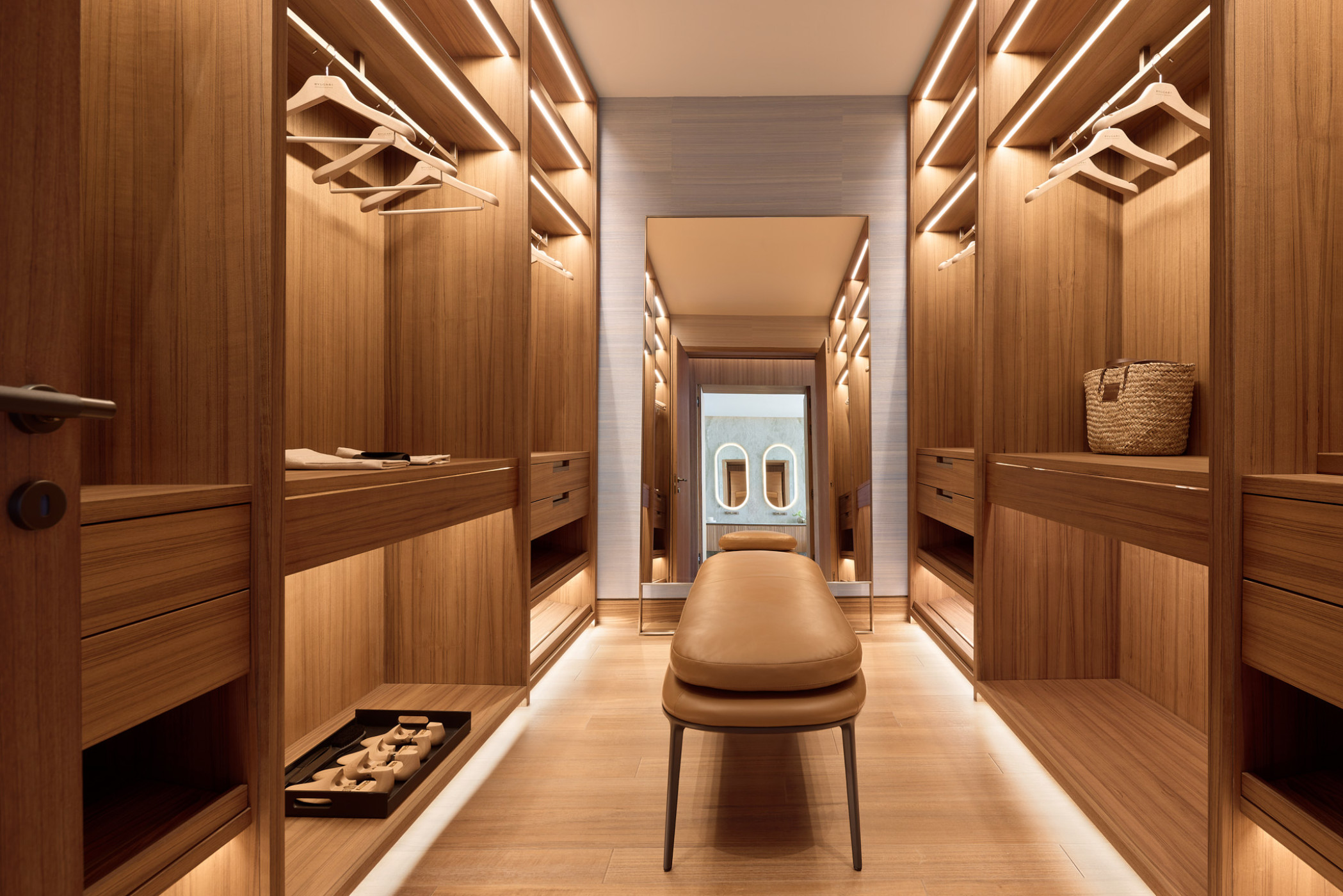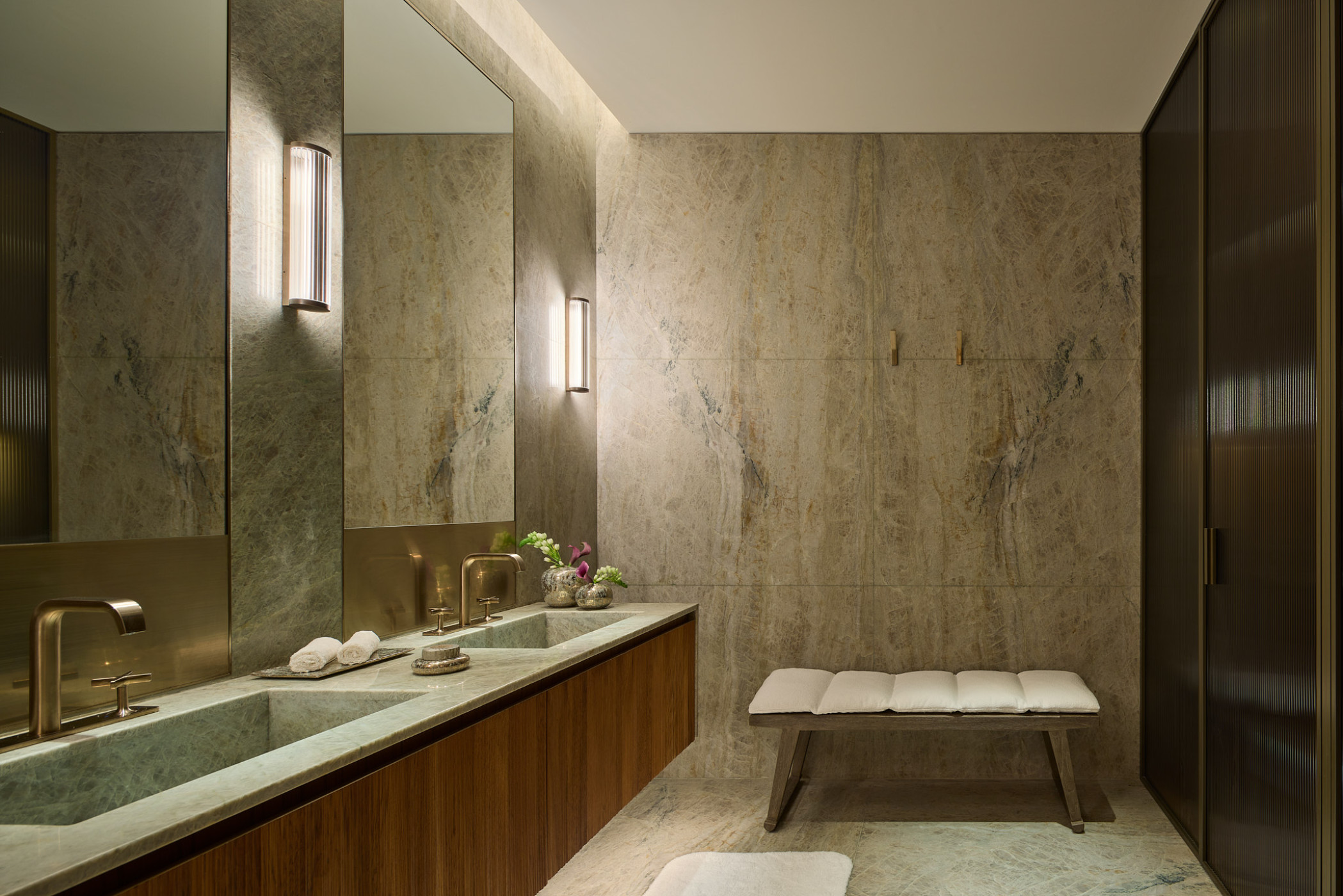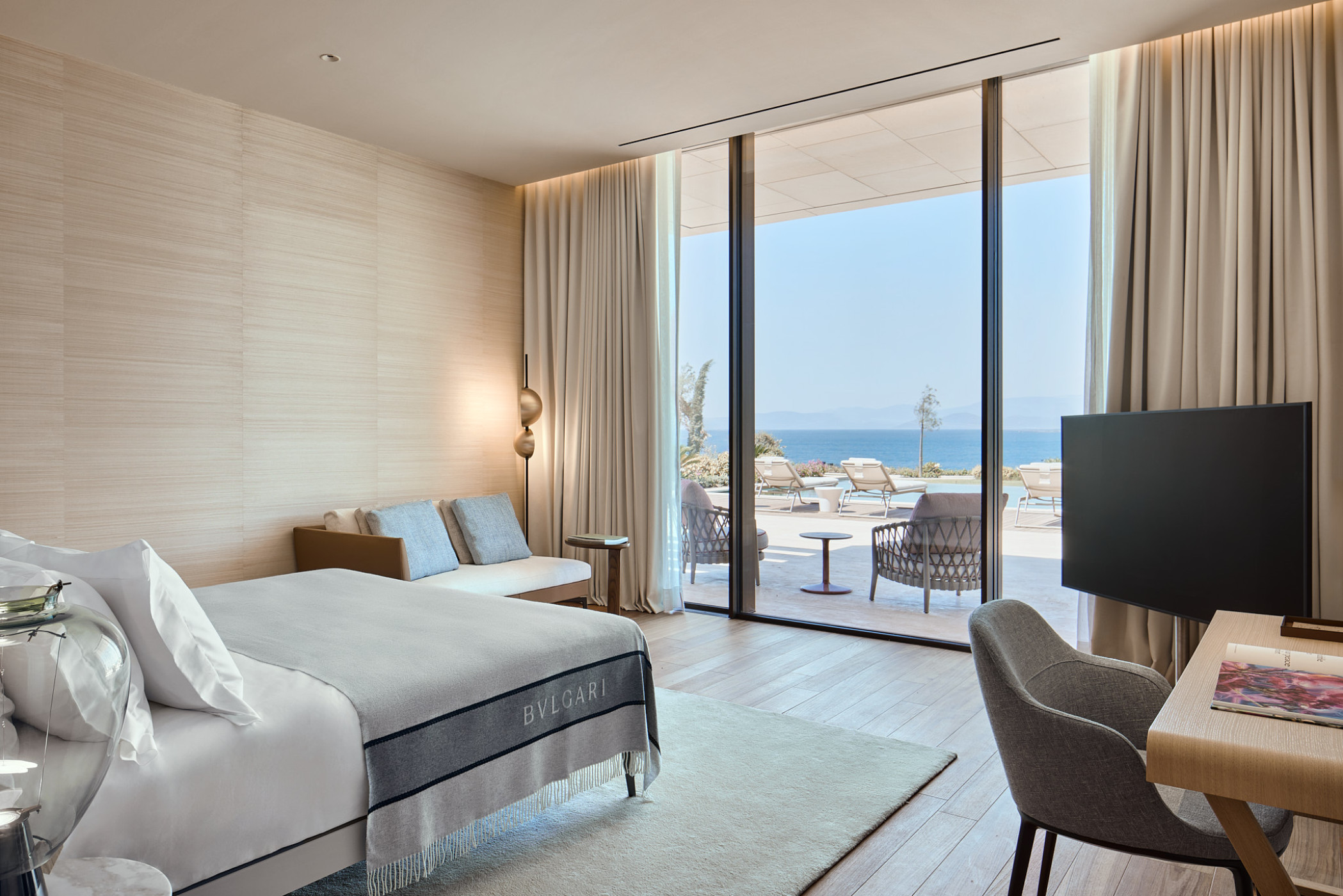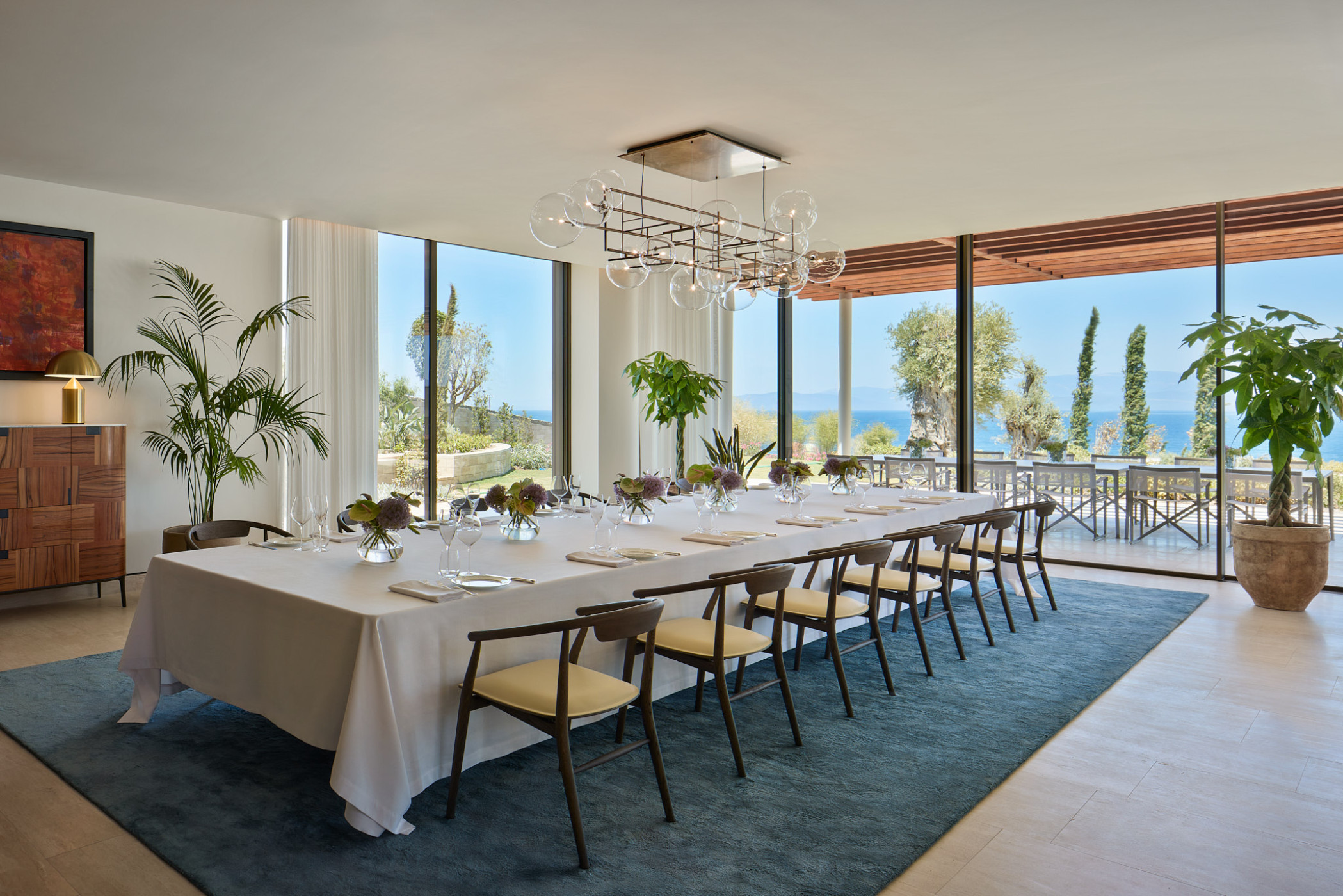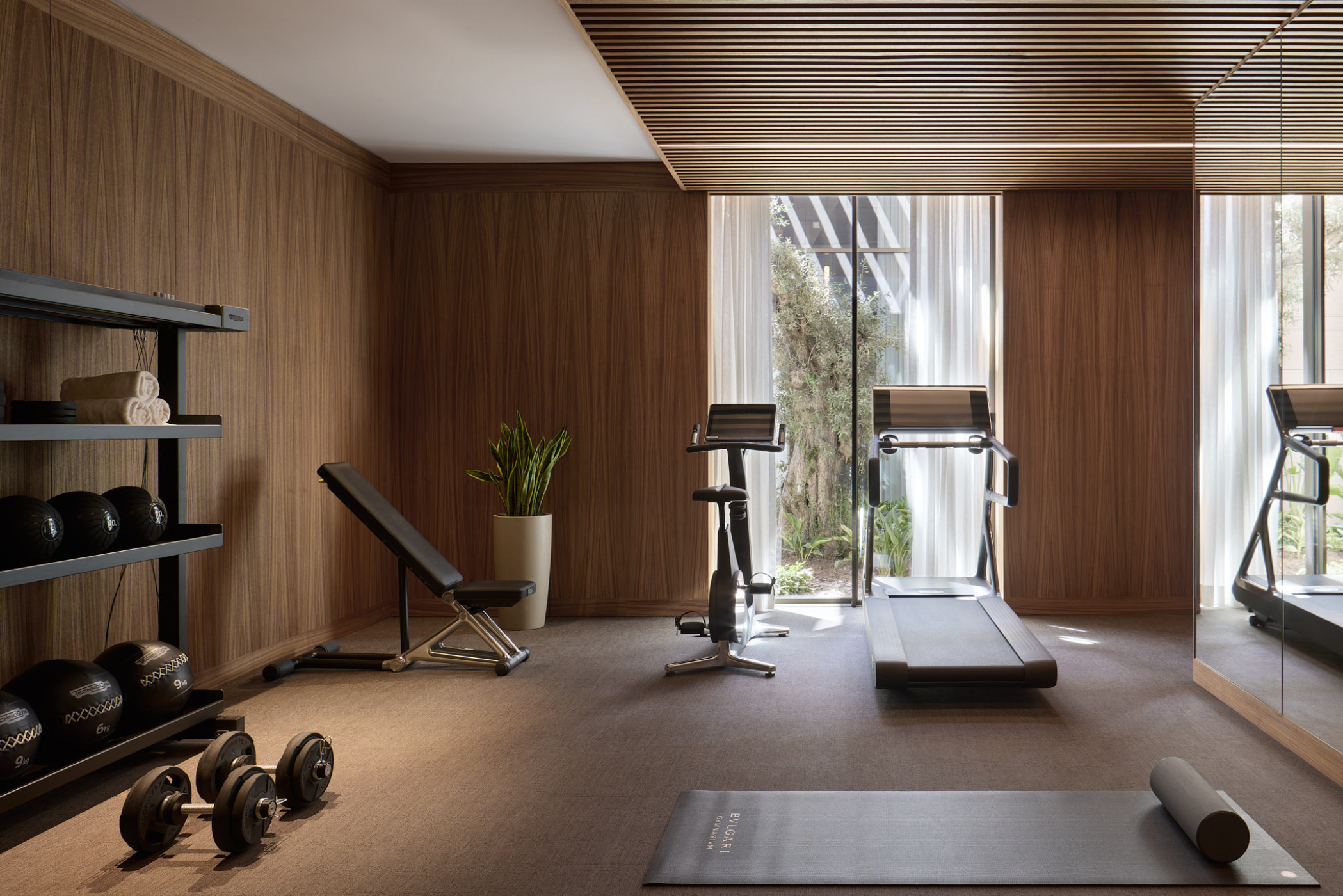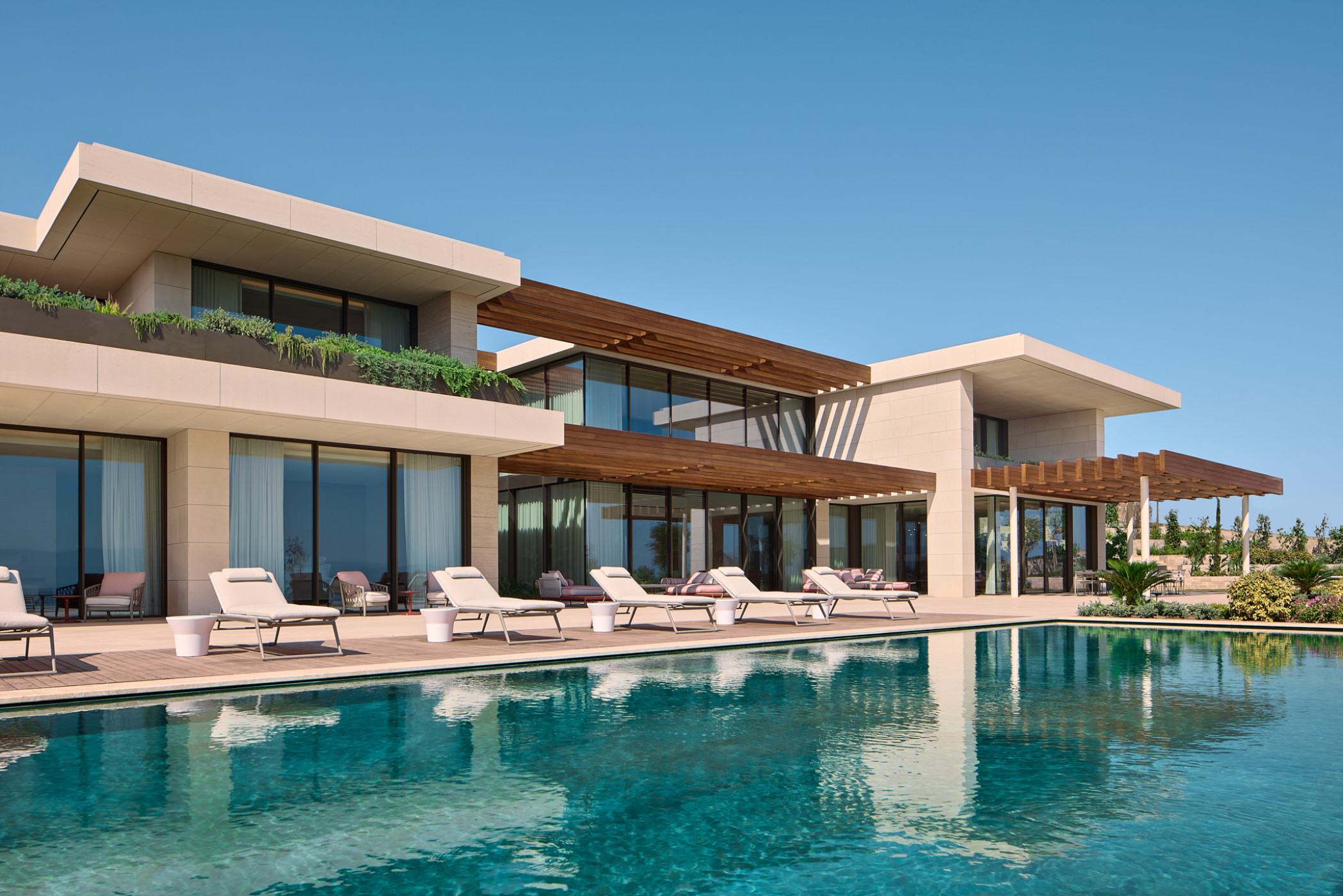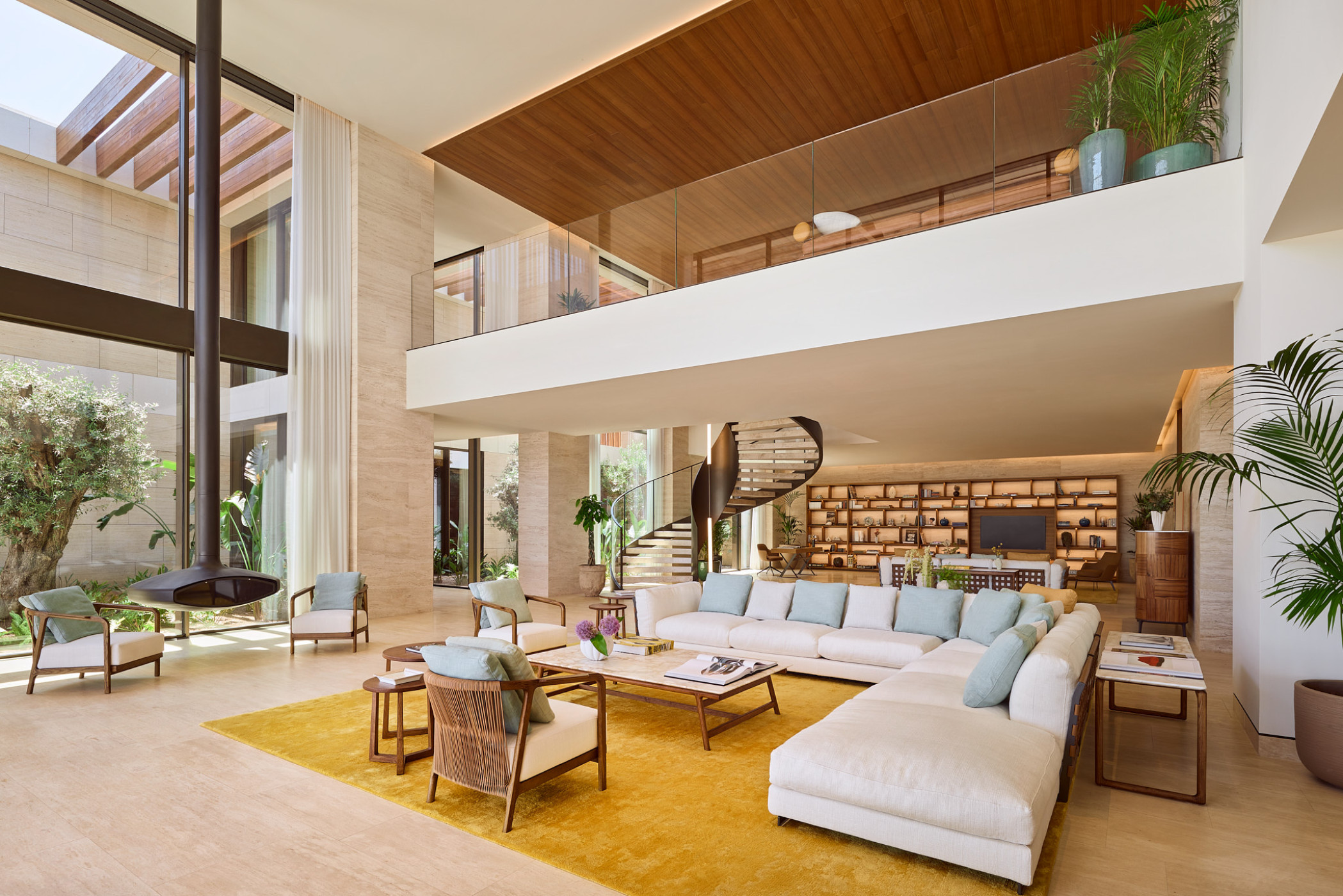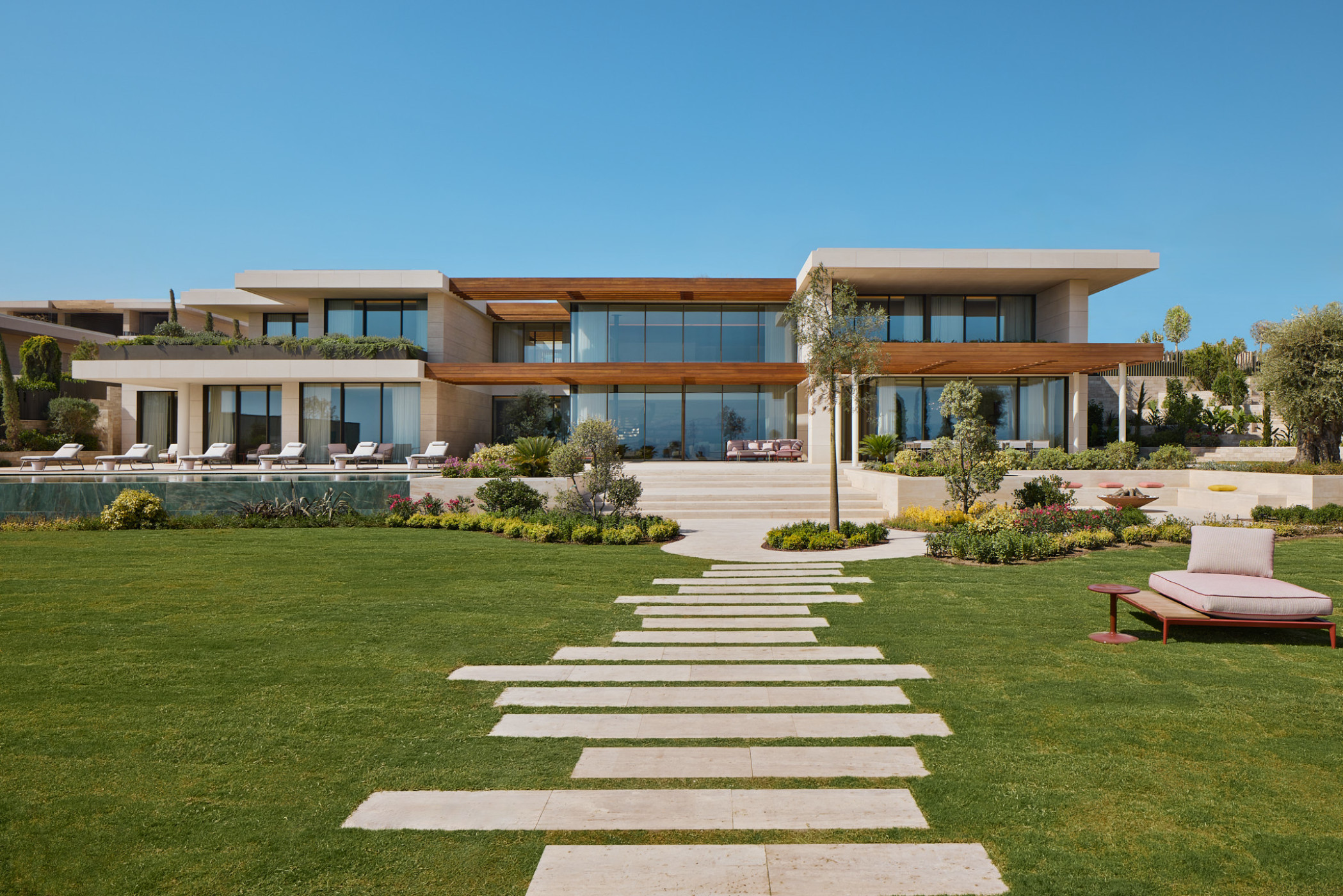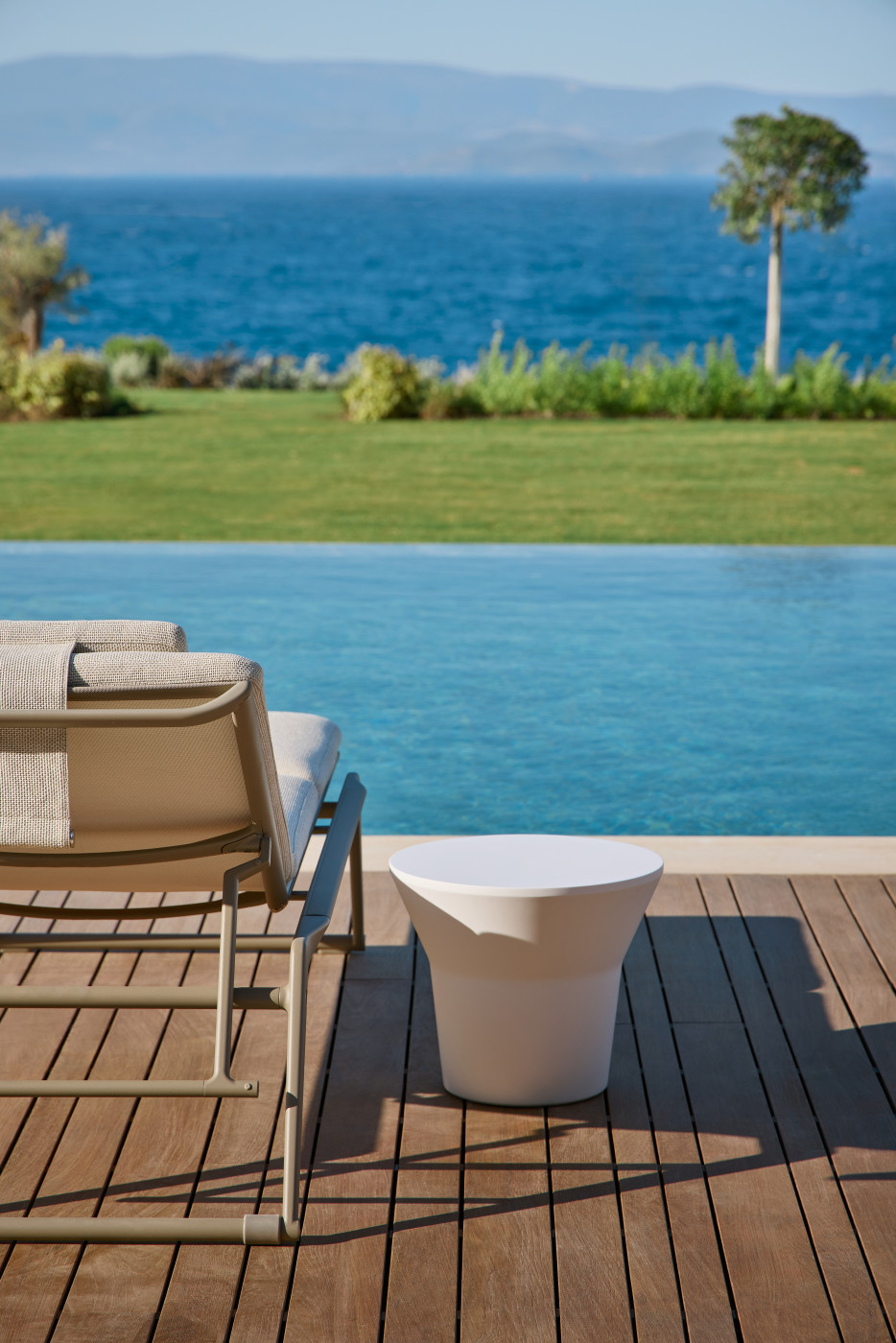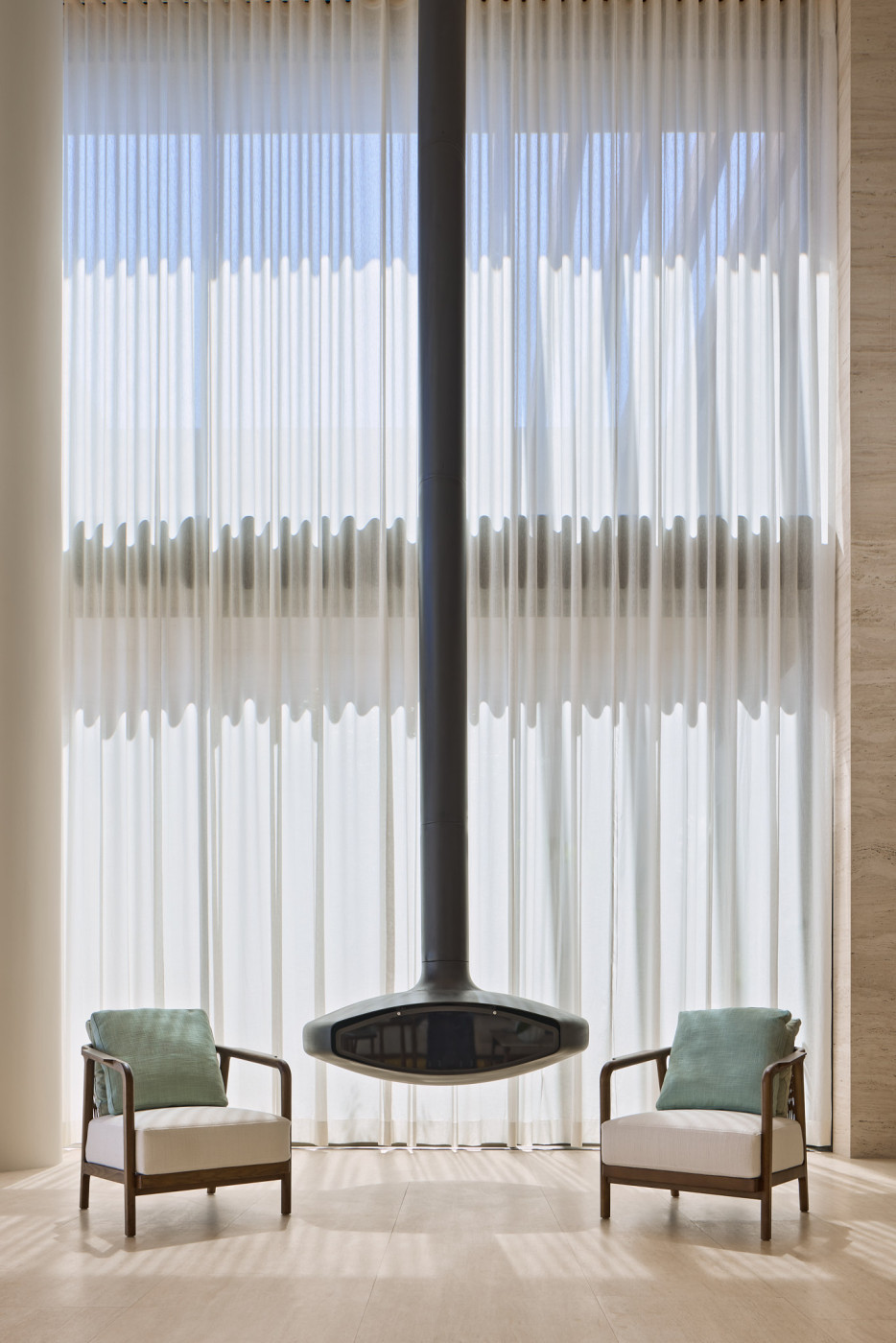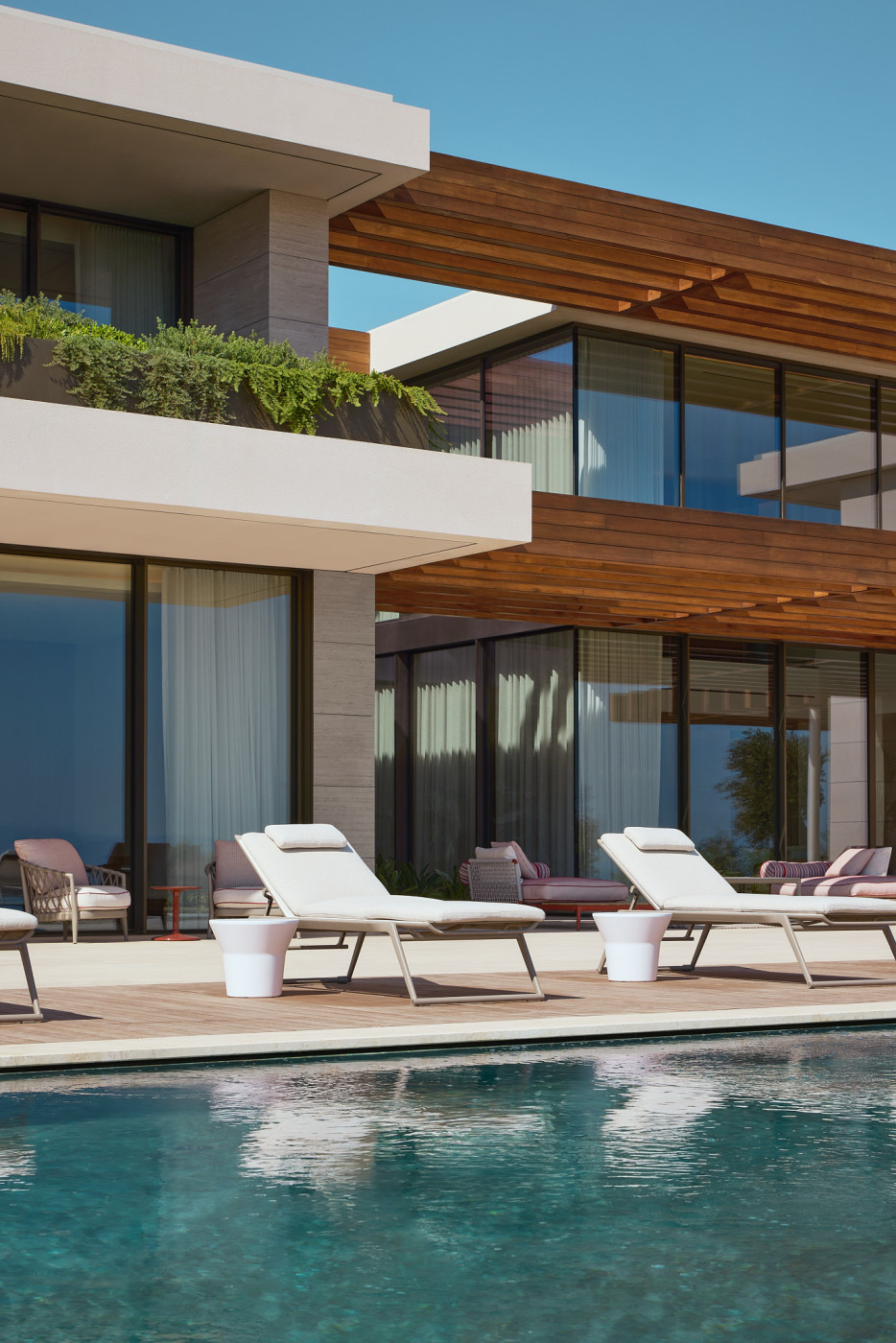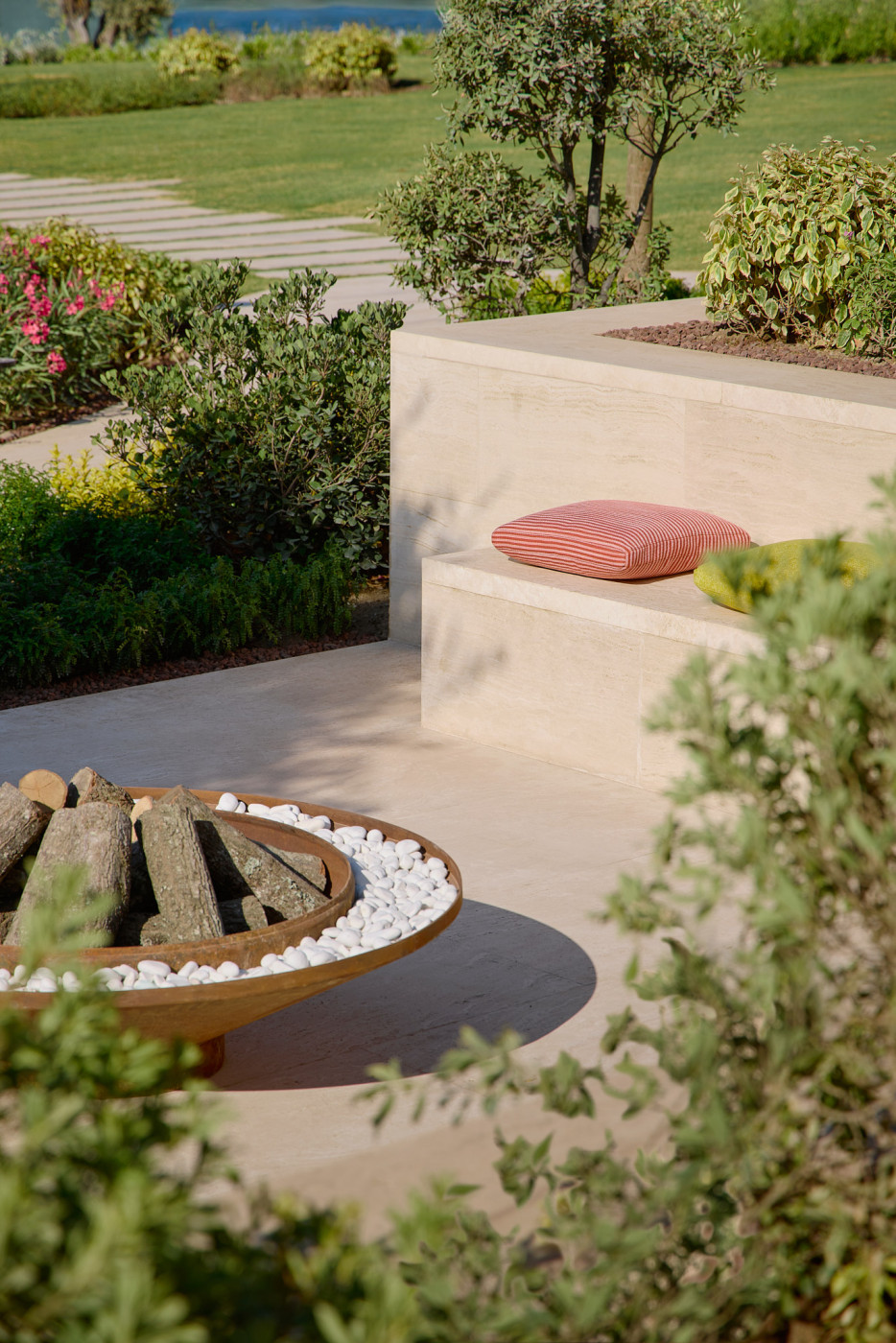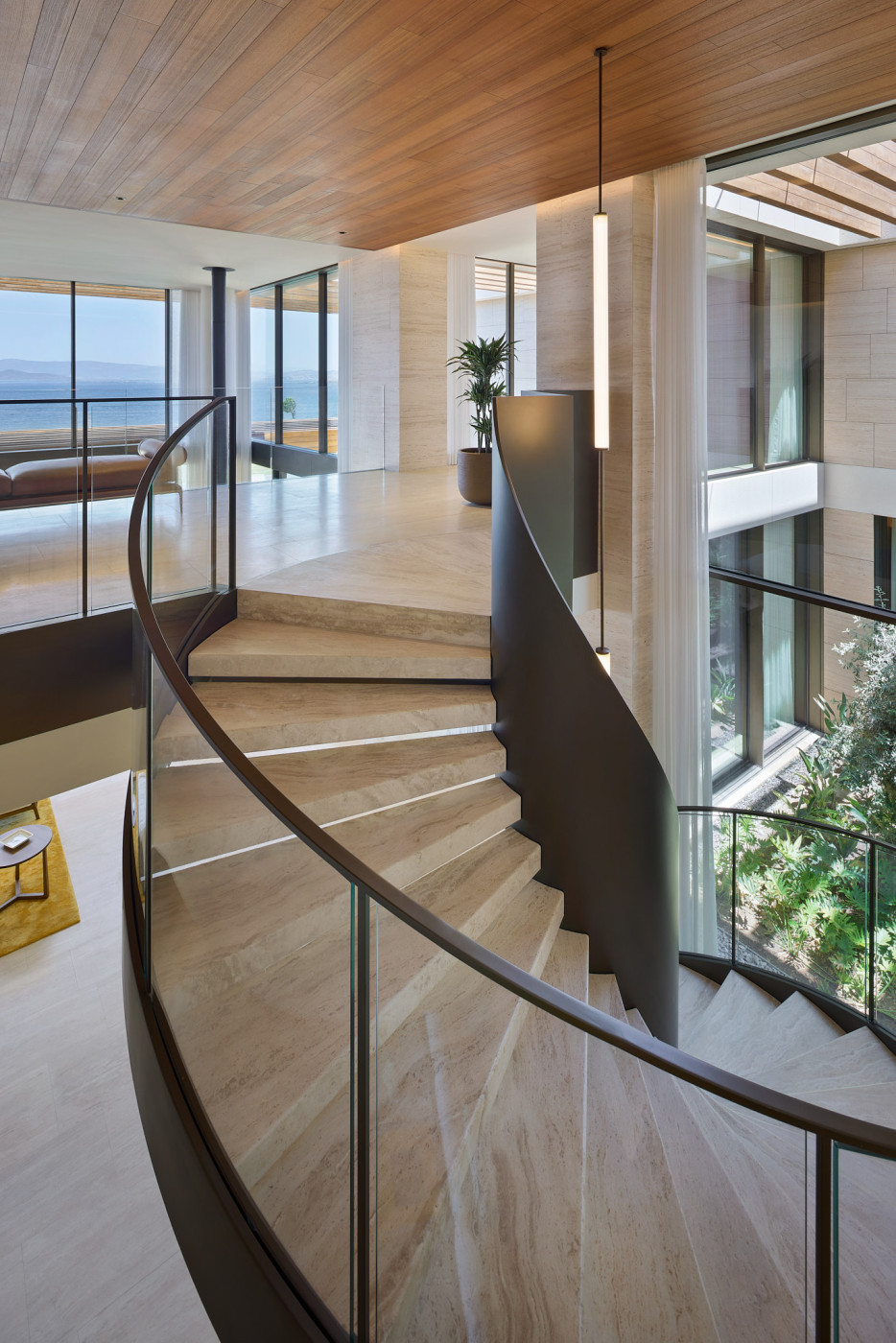
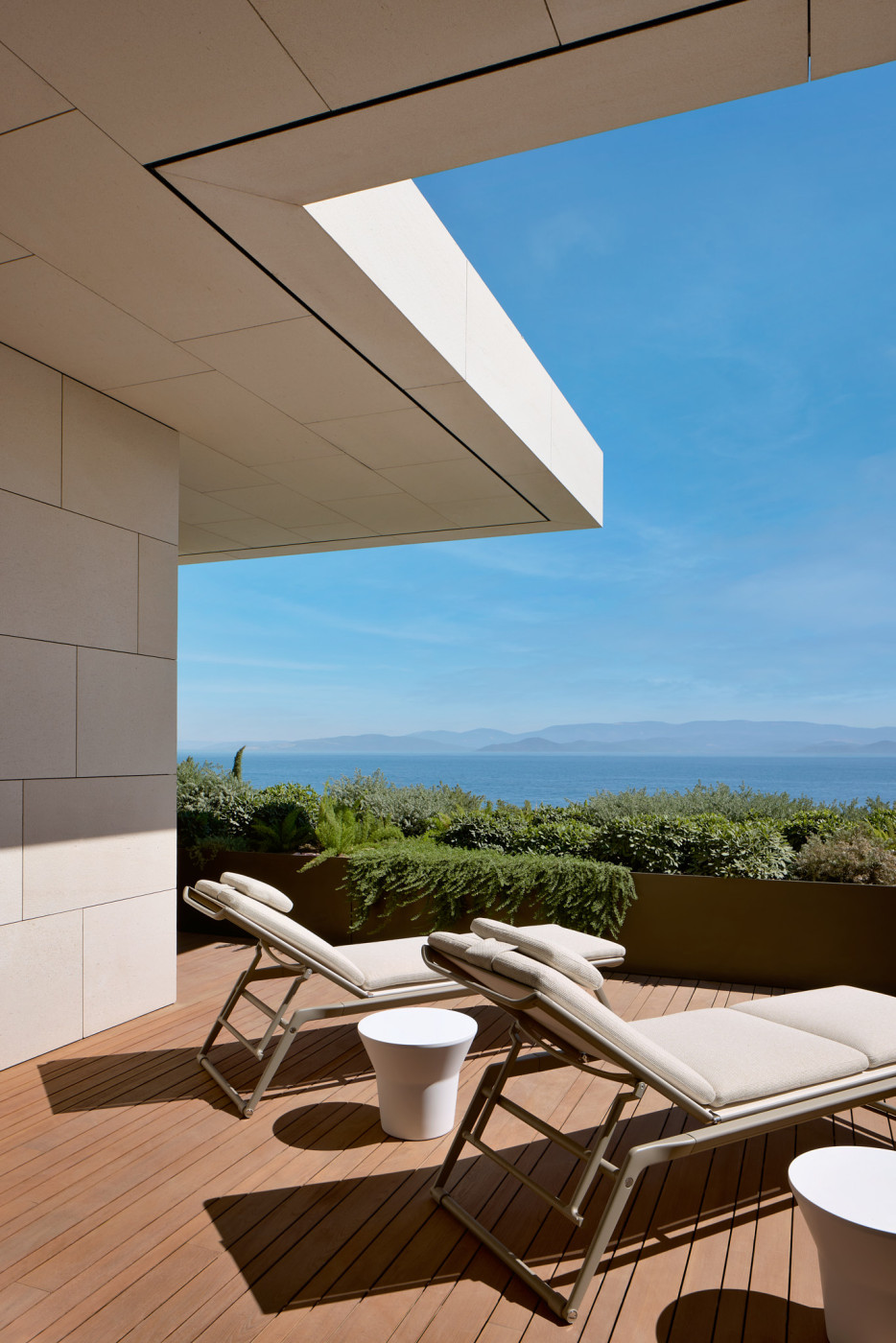
Bodrum and Abu-Dhabi: the new Gems from Bulgari Hotels & Resorts
In 2027, Bulgari will open a resort in Bodrum, and in 2030, in Abu Dhabi. Silvio Ursini, vice president of the Bulgari group and head of Bulgari Hotels & Resorts, along with Patricia Viel, a partner at the architectural firm ACPV Architects, which designs all Bulgari hotels and resorts, share their thoughts about both projects.
The Roman jewelry house Bulgari, with its strong Mediterranean roots and rich history, closely connected with the la dolce vita of the 1950s, 1960s, and 1970s, literally embodies Mediterranean culture with all its heroes, colors, and brilliance. So, naturally, when it was announced that Bulgari would open its first Mediterranean resort, everyone assumed it would be in Italy, France, or Greece, the historic home of the Bulgari family. However, Bulgari had different plans.
"The only thing you can do in Capri, Mykonos, Saint-Tropez, or Forte dei Marmi is a small, 40-room hotel squeezed in among others. There’s nothing else you can do—there's simply no space. It's so dull! Meanwhile, in Bodrum, we have an entire untouched 60-hectare peninsula between two of the most popular bays," says Silvio Ursini, sitting on the terrace of the only completed mansion of the future Bulgari Resort and Mansions Bodrum. In total, 100 such mansions will be built to sell to private owners, with 50 on each side of the peninsula. Each residence will offer a view of the Aegean Sea and have its own garden. There will also be communal infrastructure, including two beach clubs and an amphitheater for concerts and performances. A separate hotel building will feature 43 rooms and terraced suites, along with 40 villas belonging to the hotel, a spa, restaurants (including one by 3 Michelin star chef Nico Romito), and a separate beach club. The largest villa, Villa Bulgari, with an area of 800 square metres, will have its own pier and access to the amphitheater.
In response to the question about the specifics of this project, Patricia Viel discusses changes in Bulgari's approach to hotels and resorts: "Many years ago, in Milan, when we built the first Bulgari hotel, we moved towards color and brightness with contrast. Today, we have shifted towards lightness and restraint in everything – in design, in the choice of materials, in the interiors. Each hotel, each resort not only differs from others, it also heavily depends on the context, such as landscape, history, and heritage. Here, in Bodrum, the project was shaped by this peninsula, its perfectly elongated shape, and relief with a gentle rise, which allowed us to set up terraces with gardens, and the length of its coastline." The main material that connects Rome and Turkey in this location is travertine, which is mined in the local quarry. It is prevalent here, and in the mansion shown to the press, the central staircase is made from a solid piece of travertine. Local limestone, onyx in the bathrooms, and, of course, wood and textiles are added to the mix.
The principle mentioned by Patricia Viel – dignity and restraint, inscribed into the local context – is clearly visible in the already finished residence. The furniture (Maxalto, B&B Italia, Flexform, and others) and lights (Flos, FontanaArte, Aggio, Oluce) are Italian, the art is Turkish, and everything is placed in a historical context that brings together the two countries. Bulgari found a collection of 19th-century ceramics in the style of Iznik from the historical Florentine Contagalli manufacture at an auction, and the set now adorns the interiors of this mansion. Next to the Turkish contemporary art, on a high wall at the entrance hangs an 18th-century Anatolian kilim, as a sign of the culture to which this land belongs, fulfilling the function that a classic painting with gods and heroes would perform in a historic Italian palace.
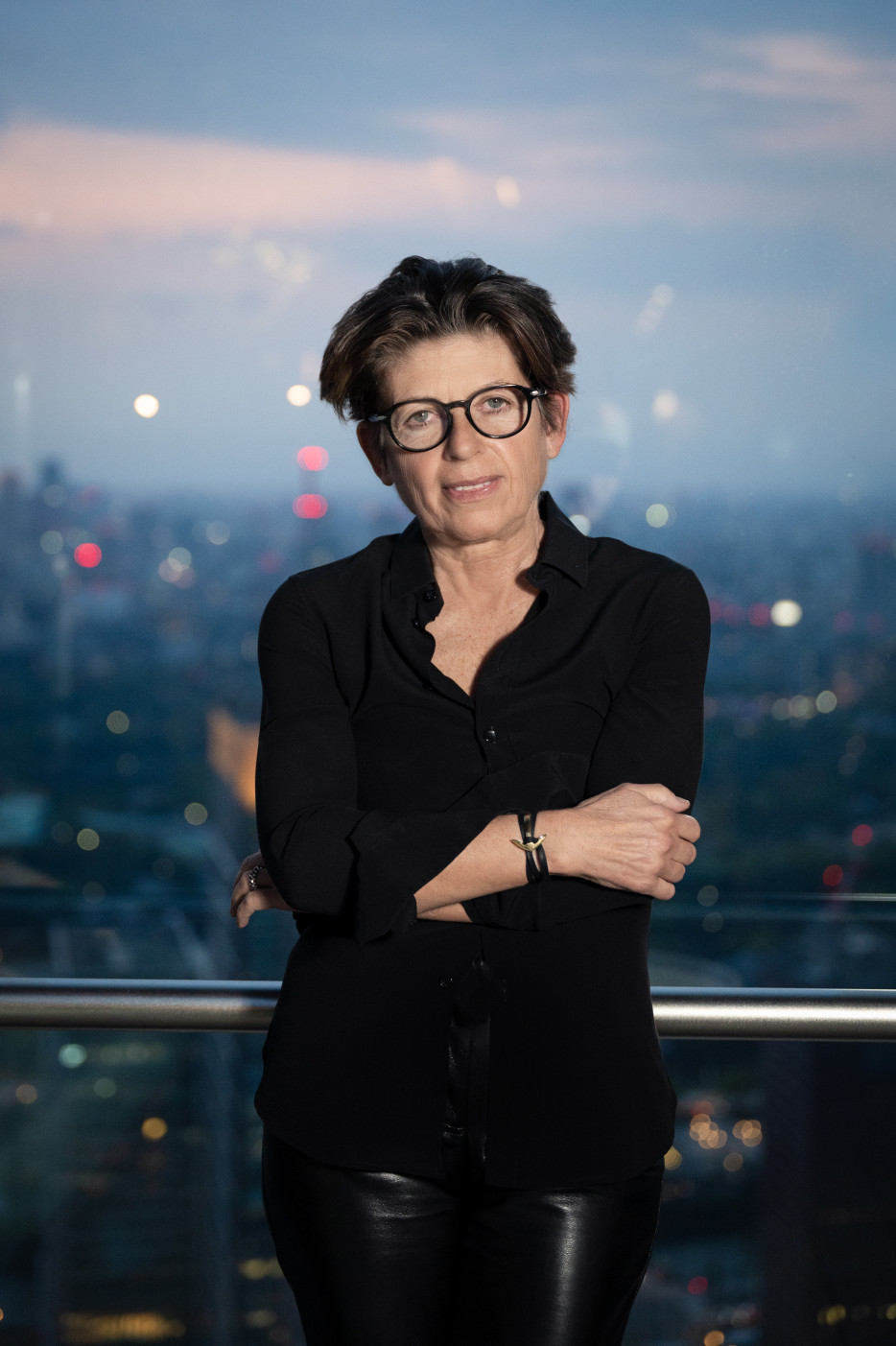
Another reason Bodrum was chosen is its infrastructure and the location’s accessibility for people from different parts of the world, which is crucial in our turbulent times. Mr. Ursini remarks: "To be honest, as an Italian, I envy how everything functions here: Turkish Airlines flies worldwide, there is an airport, and there are marinas. In recent years, this place has been developed very well to organize everything and welcome people from everywhere." He continues by saying that the choice of the Turkish partner – the HEN company, founded by Mehmet Cengiz and a part of the family conglomerate Cengiz Holdings – also played an important role.
The second major news of this summer was the announcement of another new resort – described by Silvio Ursini as a "city resort"– in Abu Dhabi. The famous Corniche promenade, one of Abu Dhabi’s main landmarks, runs along the sea and ends at the Qasr Al Watan palace. This area is home to many big hotels from renowned brands, but Bulgari was searching for a unique location. "When I was shown the map, I noticed a private island at the very end of Corniche, connected by a bridge, and I immediately expressed my interest," says Mr. Ursini. "I was initially told it was impossible, so I said: "Well, we won’t build anywhere else." Eventually, we secured it. The hotel will be not so big, featuring 60 rooms and suites, 30 villas, and 90 private mansions, which will be much more spacious than those in Bodrum, with large plots of land and gardens because the island itself is much larger. The marina there is bigger than the one in Dubai, complete with a yacht club and restaurants. Overall, everything will reflect the grand style of Abu Dhabi.”
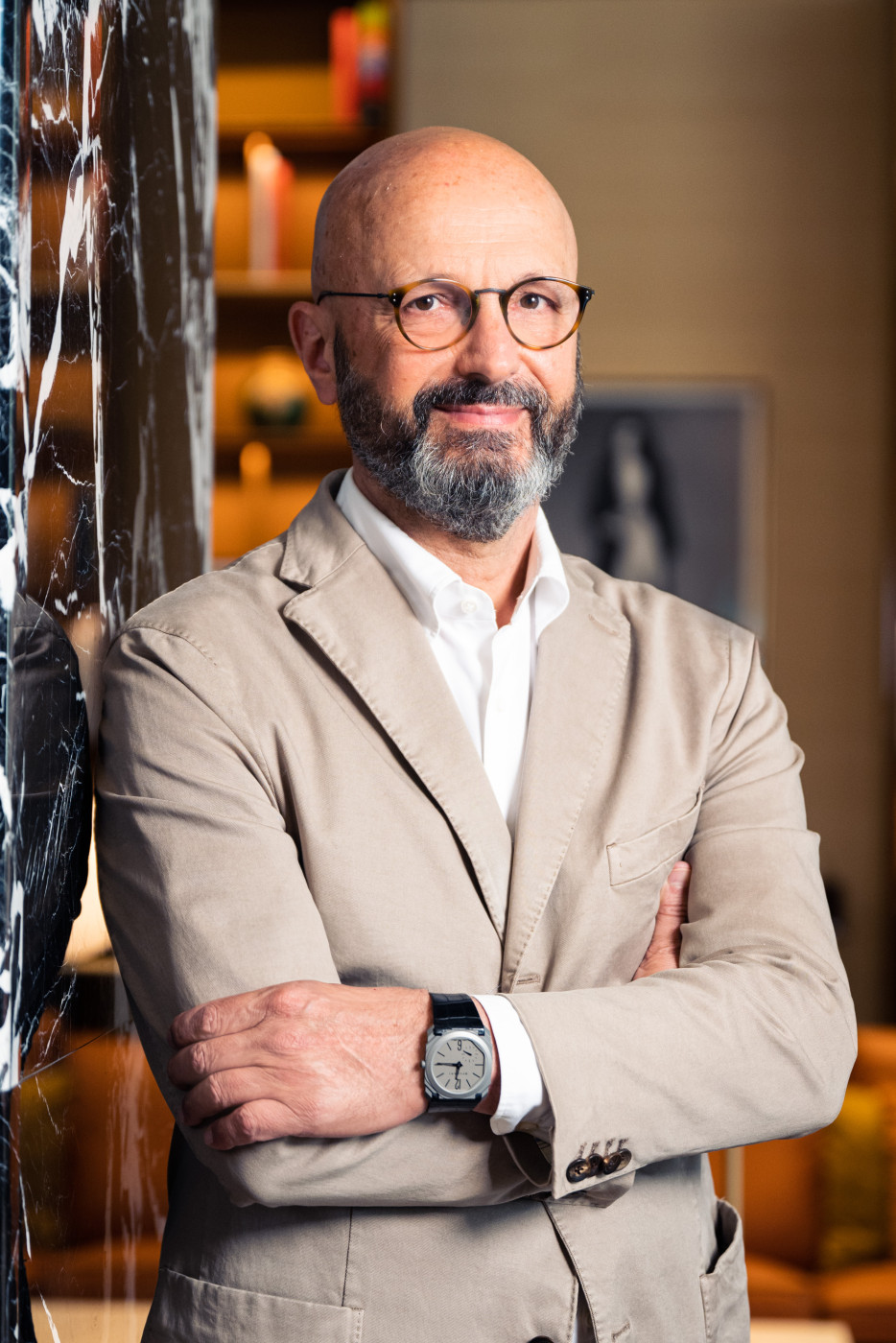
Discussing his vision for the market for both new resorts in Bodrum and Abu Dhabi, Silvio Ursini highlights the Middle East and Eastern Europe but notes that there is more. The British are already among the first buyers of the mansions in Bodrum, and Bulgari sees great potential in the Chinese market.
Courtesy: Bvlgari
Text: Elena Stafyeva


